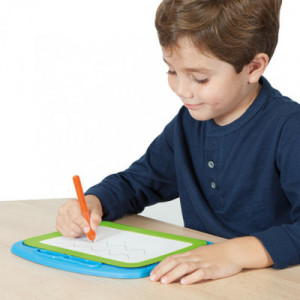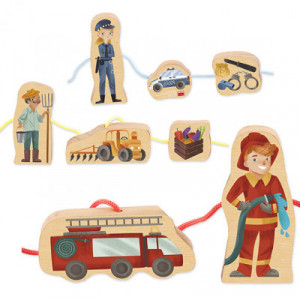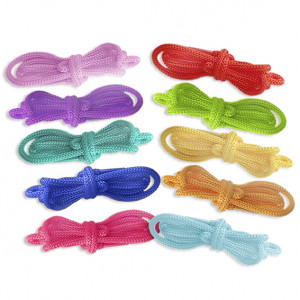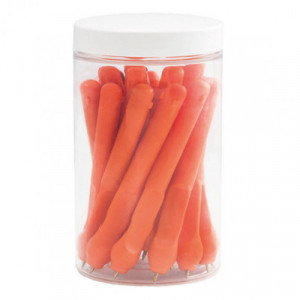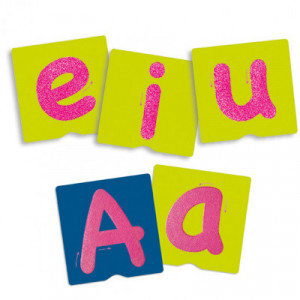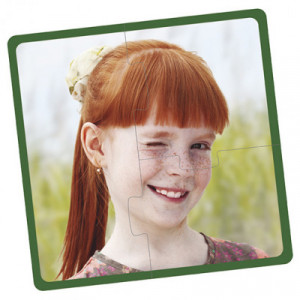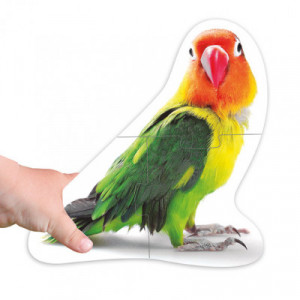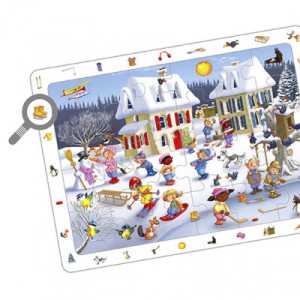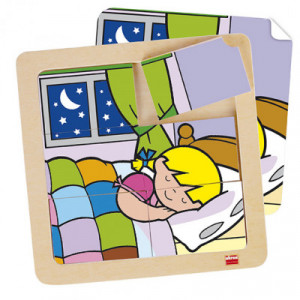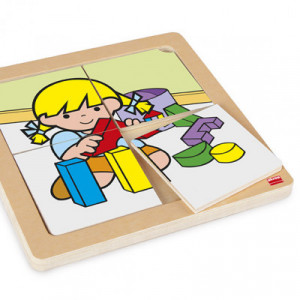Fine motor skills
Fine psychomotricity is the ability to precisely coordinate the movement of certain parts of the body at once. It is necessary in order to be able to carry out the daily chores of school and home: approaching the spoon to the mouth, tapping a drawing, cutting a figure or writing.
All the capacities that make up the fine psychomotricity are trainable through simple tasks such as: threading, punching, linking, cutting, drawing, coloring, modelling, threading, buttoning, etc.
We have prepared a selection of games and materials for the youngest children to work fine psychomotor skills while playing.
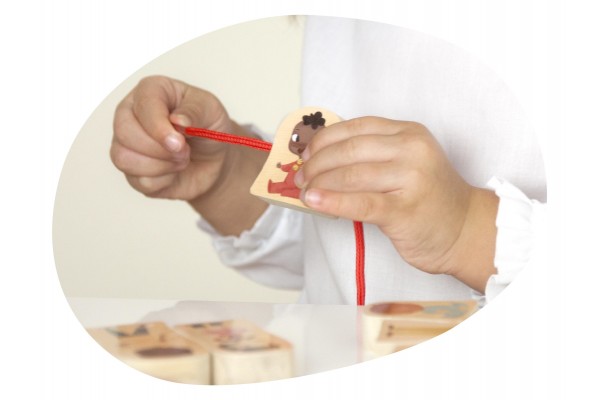
Voluntary body movements are carried out thanks to the coordinated work of the nervous system, joints and muscles. The child begins to mature from birth. At his own pace, he learns skills such as crawling, sitting and manipulating objects. Fine motor skills consist of those short strokes and high precision movements, such as holding a pencil.
Working with fine motor skills through play
Play is the child's motivation for learning and for building up knowledge. The fine motor skills are trained with skill games, among them:
- Finger games, such as Twister or puppets, that require the child to refine the movements to execute the proposed activities.
- Crafts and origami. From moulding figures with plasticine, to cutting and folding paper, Akros' range of games allows you to train manual dexterity.
- Games of wit or of fitting pieces. These include wooden games such as puzzles and Camelot jr. Players must manipulate and fit the pieces according to the rules of the game. Fine motor skills and logical ability are developed at the same time.
Importance of motor skills in children's development
The maturation of the gross and fine motor skills leads to the growth of other facets of the child's life, among them:
- Speech development. Speech is an activity that is executed through the coordination of multiple systems. The large number of muscles involved in pronunciation require that the fine motor skills are sufficiently developed for the child to communicate fluently.
- Development of socialization. The child should be able to play with other children and do physical activities as a team. If the child is unable to keep up with others, he or she may shy away from socialization or even be cut off from the group by other children.
- Physical and sensory development. Physical exercise itself increases self-esteem, improves the immune system, and enables the proper development of the muscles, bones, and nervous system. In terms of sensory maturation, the child improves his or her orientation and coordination through play.
- Mental maturation. Cognitive skills increase when the child's motor skills have matured normally. Physically active children are more receptive to learning and have a better ability to concentrate.
- Emotional stability. Children in good physical shape tend to have emotional stability and better behavior, as the activity serves to relieve tension.


















